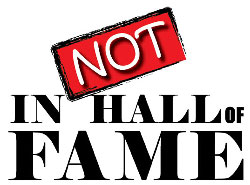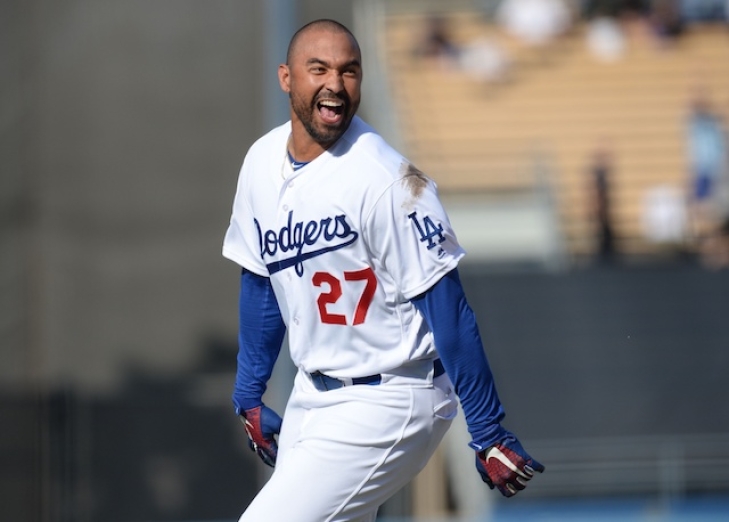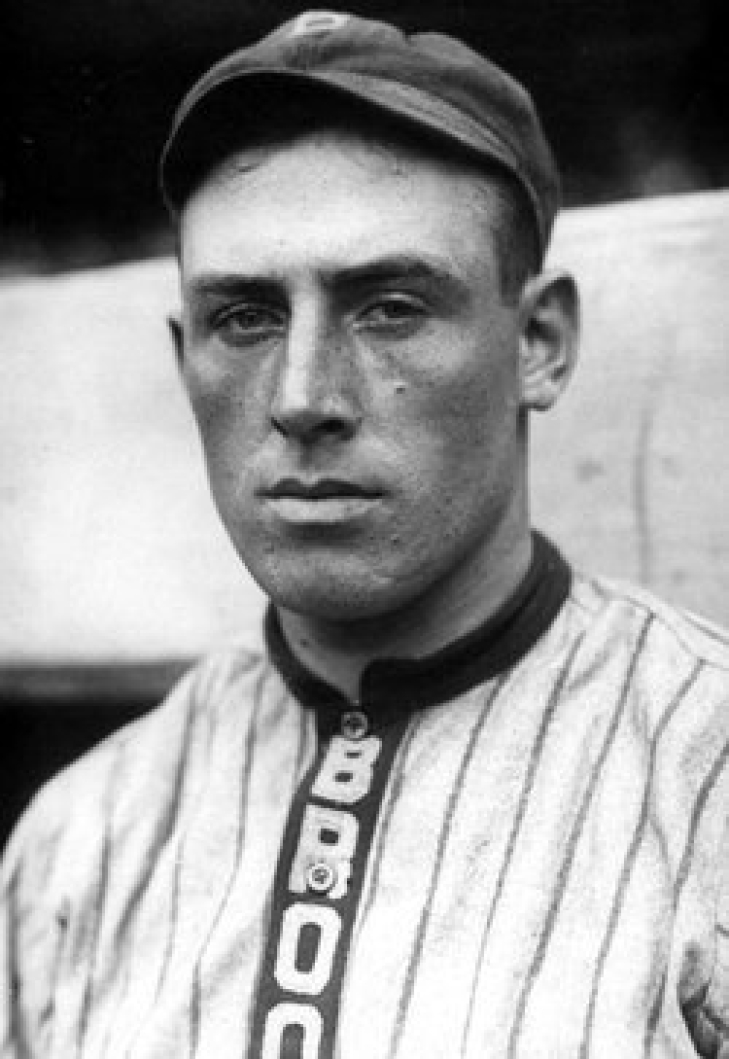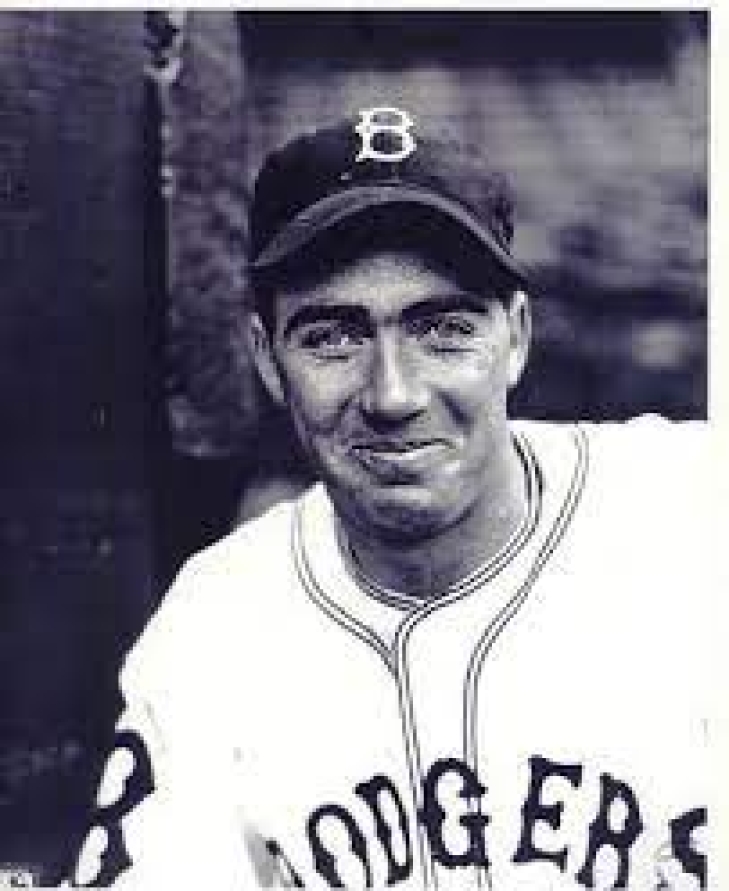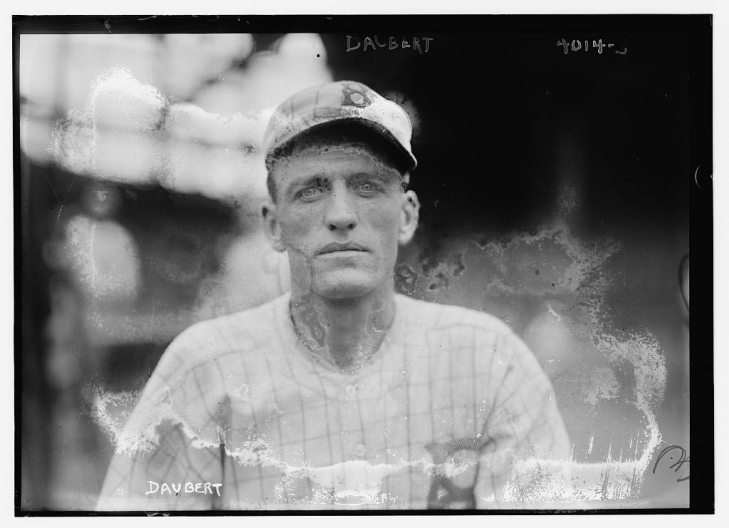
Committee Chairman
44. Matt Kemp
Matt Kemp joined the Los Angeles Dodgers in late 2006 after three years in the Minors, but it was not for another two seasons that he established himself as an everyday Outfielder. Breaking out in 2009 with a 26 HR/101 RBI/34 SB year where he won the Silver Slugger and Gold Glove, Kemp was tenth in MVP voting, and Los Angeles thought they had a potential megastar. After a decent 2010, Kemp had one of the best seasons of a player who didn't win the MVP. Kemp's 2011 saw him finish one Home Run shy of a 40/40 year, but he still led the NL in taters. Adding a second Gold Glove and Silver Slugger, Kemp also led the NL in Runs (115), RBIs (126), and OPS+ (176). It was a phenomenal year, but that was the only campaign Kemp would have that could be categorized as such.
Kemp was still a good power hitter, belting 20 or more Home Runs six more times, but he only stole 42 more Bases after his 40 SB year. The Dodgers traded Kemp to San Diego after the 2014 Season, and he bounced around with stops in Atlanta and Los Angeles for a second time for one solid year in 2018, where he added a third All-Star Game appearance.
With the Dodgers, Kemp blasted 203 Home Runs with 170 Stolen Bases and 1,322 Hits.
33. Jeff Pfeffer
Jeff Pfeffer was a very good Pitcher for Brooklyn in the 1910s, who, from 1913 to 1914, was one of the more competent players on the mound in the National League.
Pfeffer had only played seven Major League Games before the 1914 Season (two were with the St. Louis Browns in 1911), and would have likely won the 1914 Rookie of the Year, had there been one. This began a three-year run as a top Pitcher, where he went 66-37 with a 1.99 ERA and a WHIP of 1.081. Pfeffer helped Brooklyn win the Pennant that year, and though they lost to Boston, with Pfeffer taking a Loss, he was solid in defeat.
Pfeffer slumped in 1917 and was in the Navy in 1918, only playing one Game that year. Upon his return to the Majors in 1919, he had two good years for Brooklyn, but a poor start in 1921 saw him traded to the Cardinals.
With the Robins, Pfeffer had a 2.31 ERA with a record of 113 and 80.
37. Van Mungo
Van Mungo was one of the most eccentric figures in Baseball, or would volatile be a better word?
Mungo did not have the luxury of playing for Brooklyn when they were a National League power, but that was no fault of Mungo, who went to four consecutive All-Star Games (1934-37). Known for an erratic fastball, heavy drinking, and a volatile temper, Mungo was the stuff of fables, but he was also a very competent hurler. His wildness was shown by leading the NL in Walks three times, but he also once led the league in Strikeouts and three times in SO/9.
Mungo's play fell off in the late 1930s, and was traded to a Minor League Team in 1941. With the Dodgers, Mungo went 102-99 with a 3.41 ERA.
35. Jake Daubert
Jake Daubert initially thought that his first crack at the Majors would be with Cleveland, who signed him in 1908, but he never played there and was released shortly after. A second opportunity struck a year later with Brooklyn, and this time it stuck.
Playing at First Base, Daubert had a pedestrian rookie year, batting .264 with 146 Hits, but he then went on a six-year streak where he batted over.300. This included back-to-back Batting Titles in 1913 and 1914, with him winning the Chalmers Award, which was then the version of the MVP. He also exhibited solid speed, swiping at least 20 Bases in six of his seasons in Brooklyn.
Daubert was traded to Cincinnati in 1919, leaving Brooklyn with 1,387 Hits and a Batting Average of .305.
